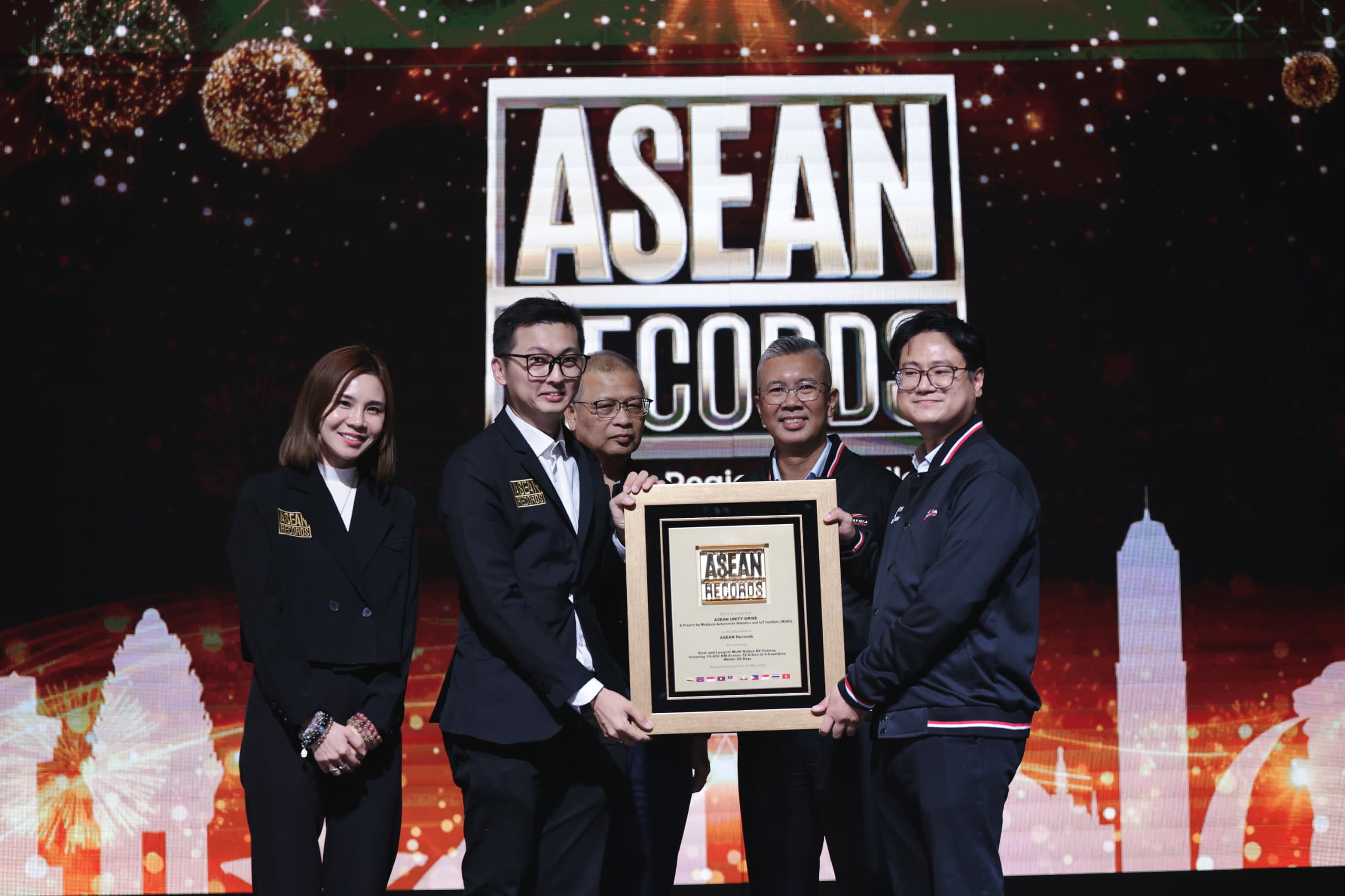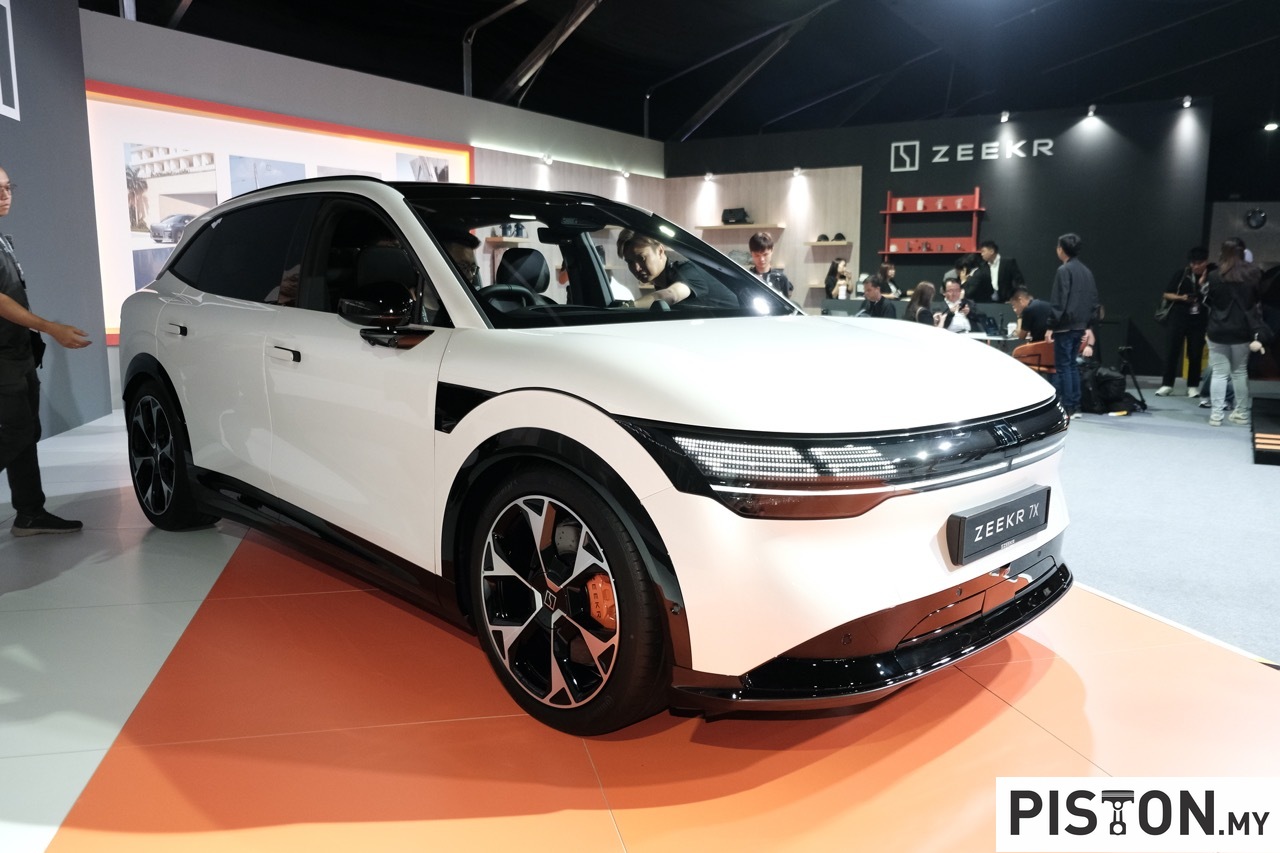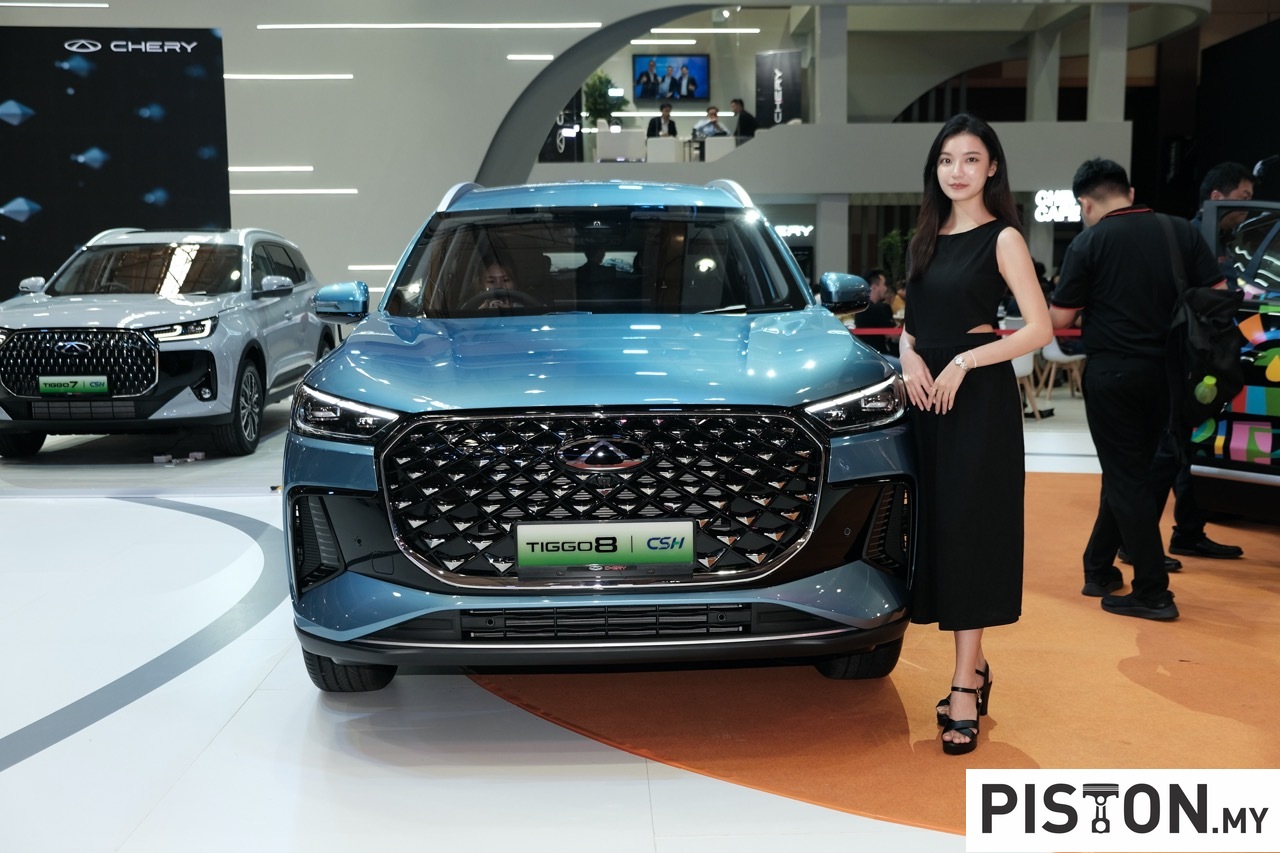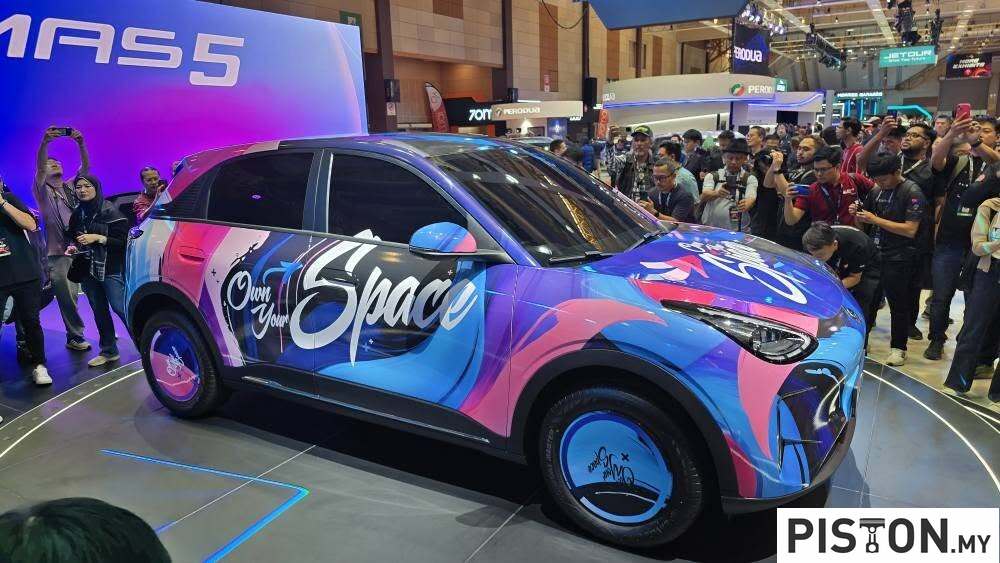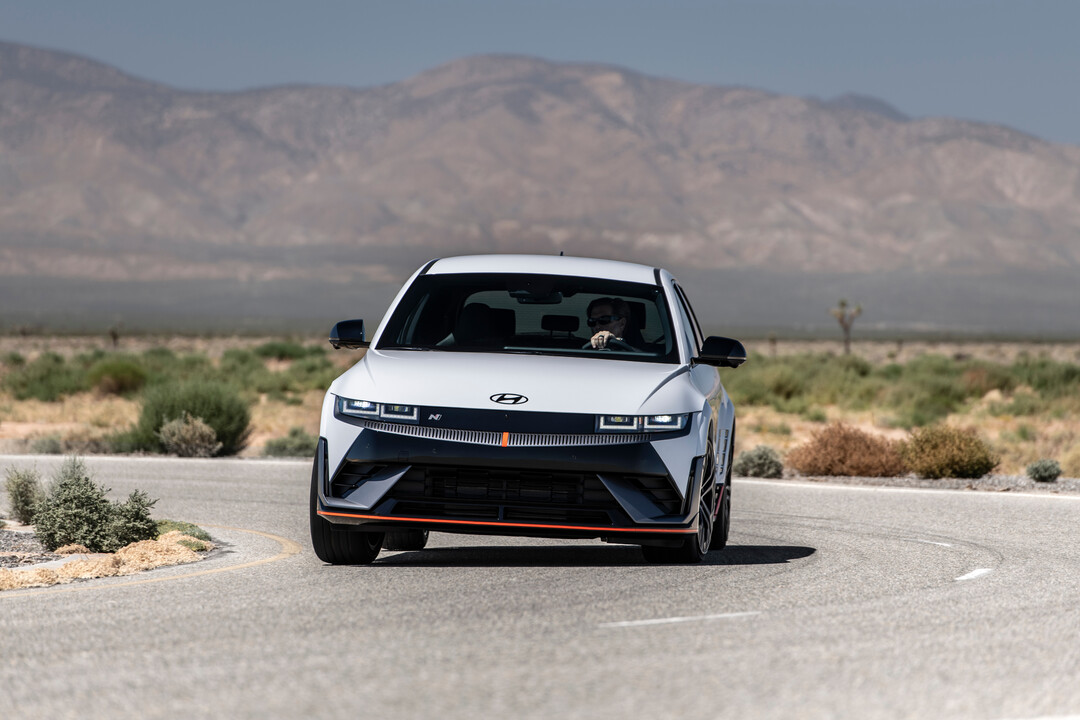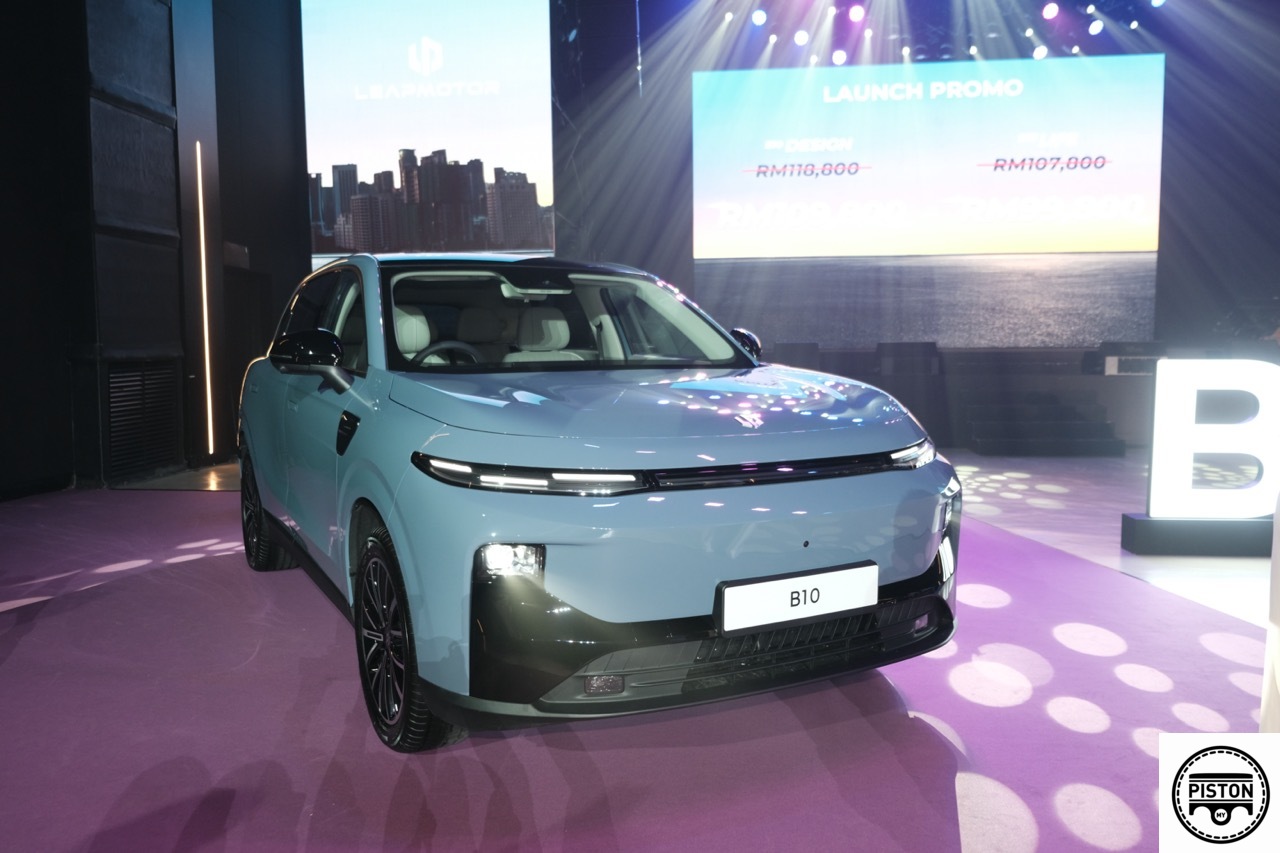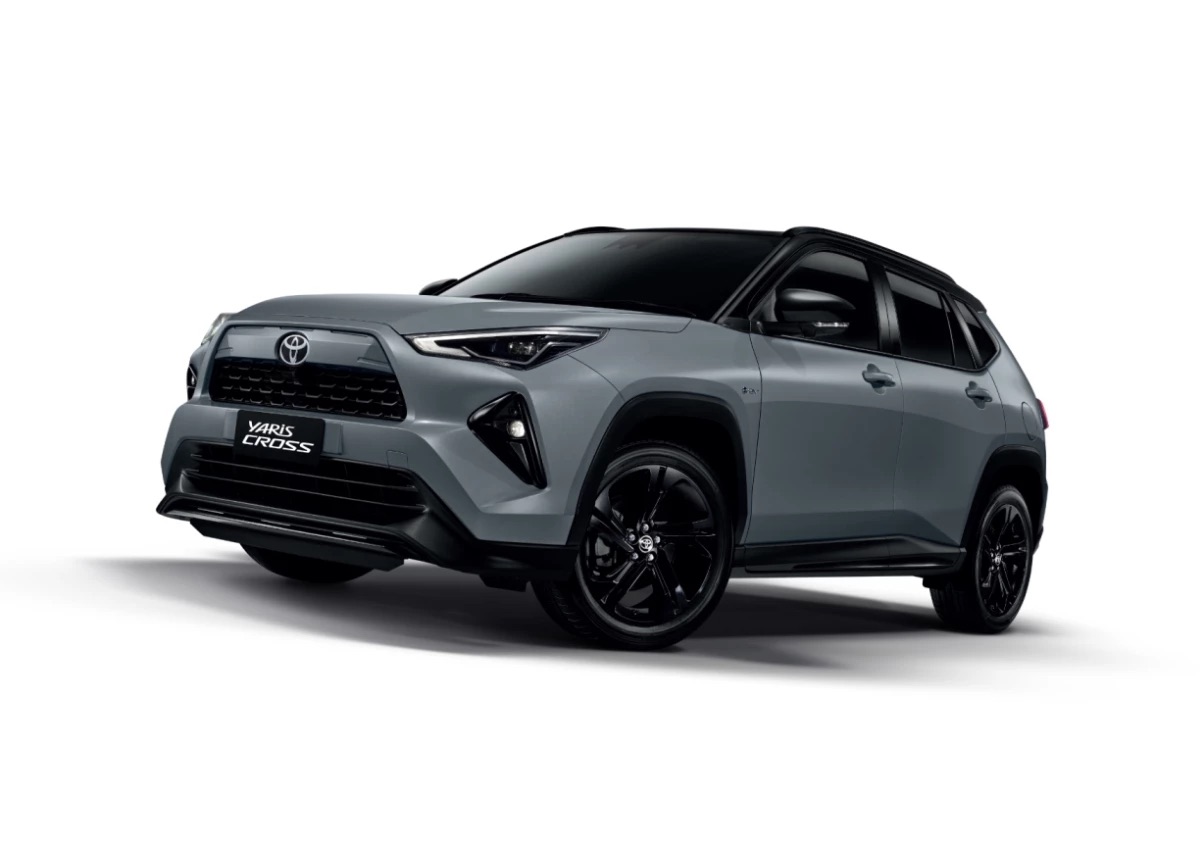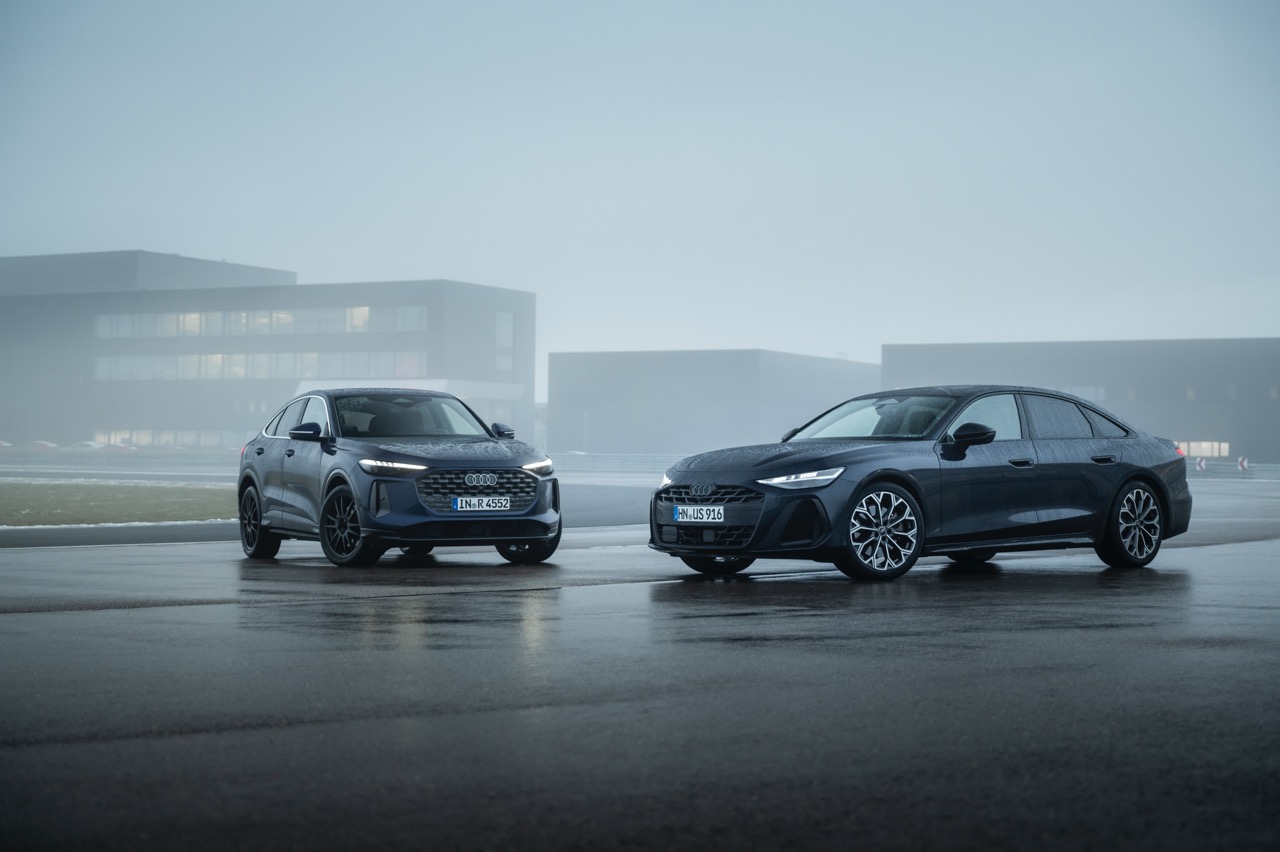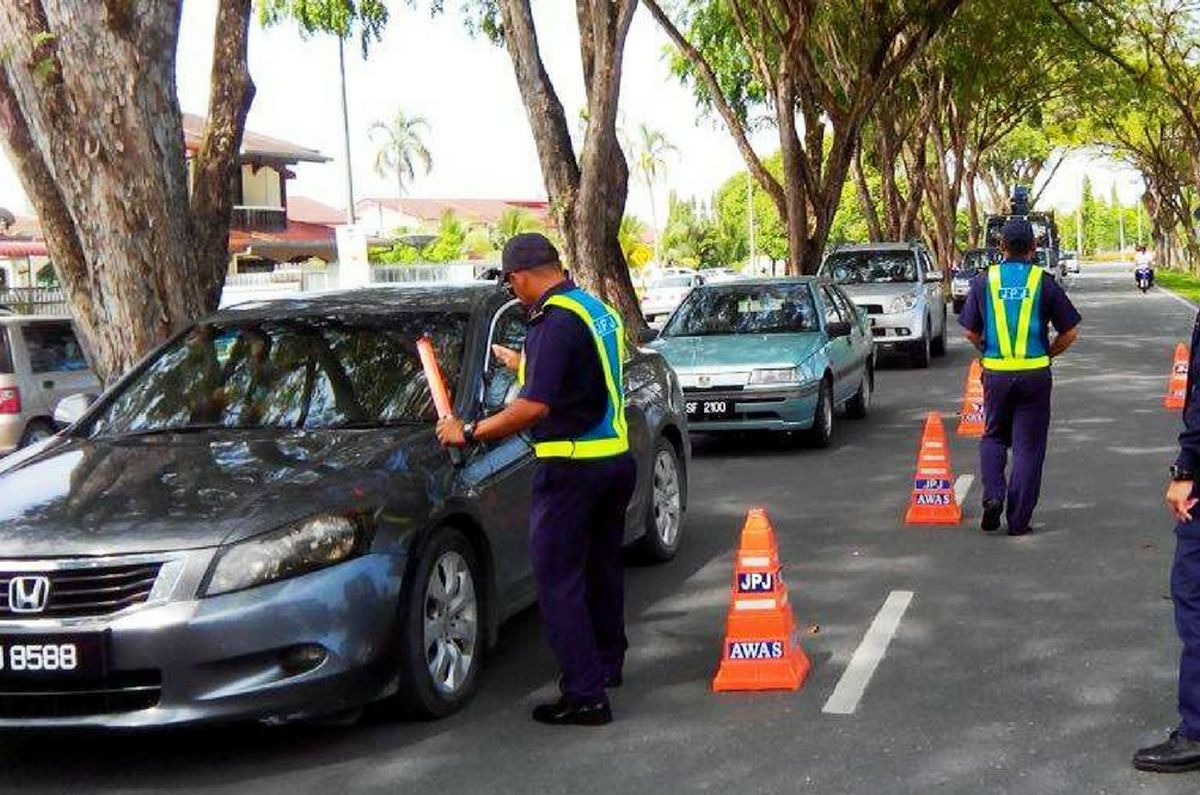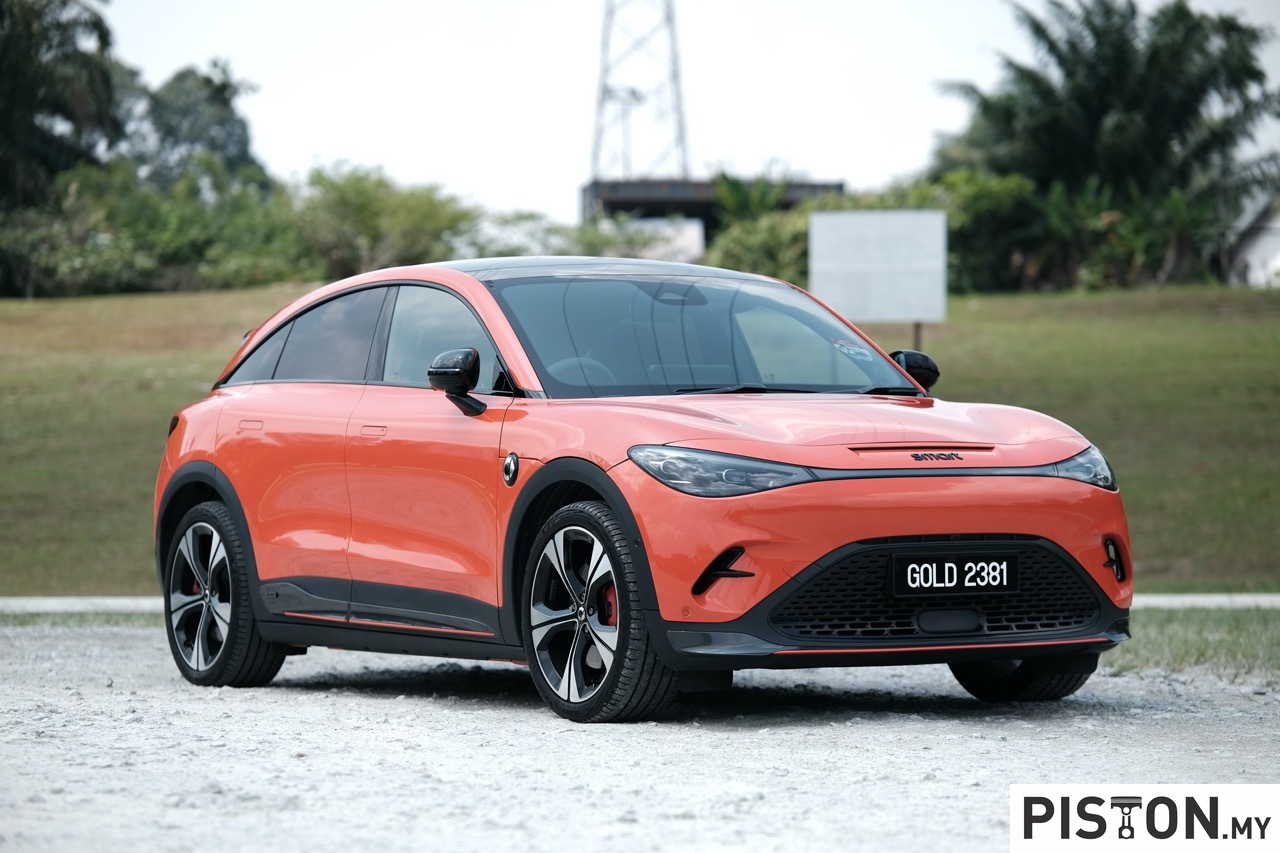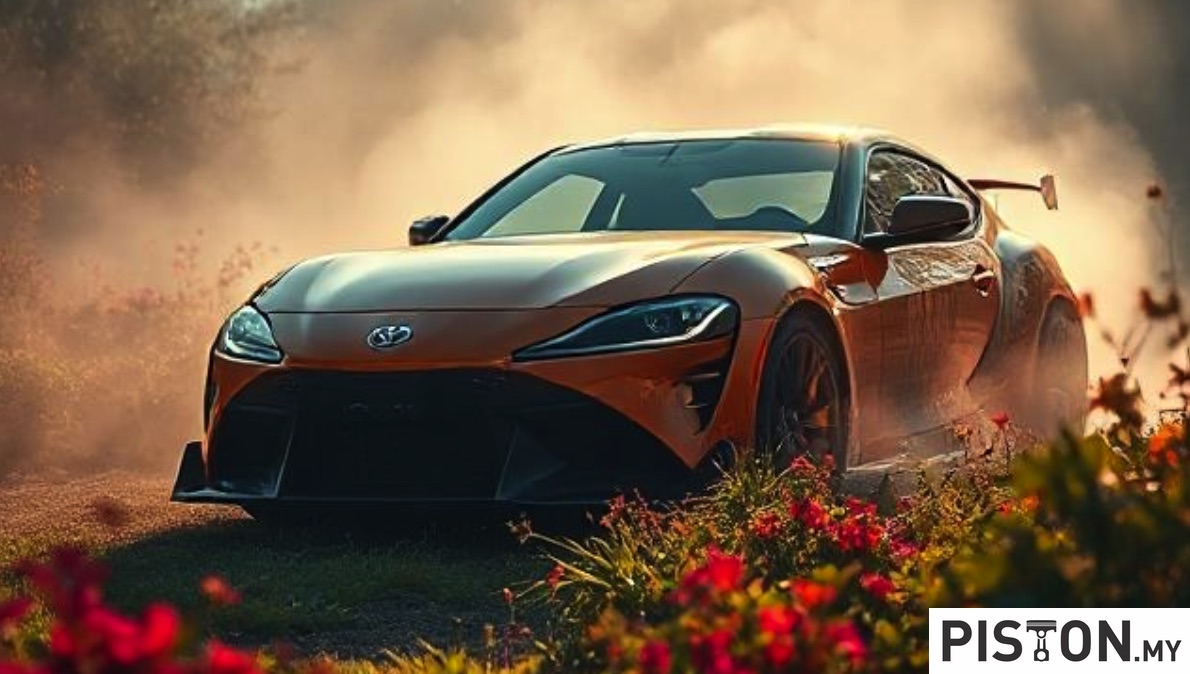The Malaysia Autoshow 2025 (MAS 2025) concluded on a historic high note, drawing an unprecedented 294,062 visitors and generating RM1.72 billion in potential sales. With 3,194 vehicles booked, 1,512 prospective trade-ins, and over 18,800 sales leads recorded, this year’s edition firmly established itself as the country’s most successful automotive showcase to date.
Held from 9 to 15 May at the Malaysia Agro Exposition Park Serdang (MAEPS), MAS 2025 was organised by the Malaysia Automotive, Robotics, and IoT Institute (MARii) with support from the Ministry of Investment, Trade and Industry (MITI). The event, themed “Shifting the Future,” reflected Malaysia’s ambition to steer the conversation on next-generation mobility, particularly timely as the nation assumes the ASEAN Chairmanship for 2025.
Spanning 50,000 square metres, the show featured more than 200 exhibitors and over 500 vehicles. Attendance soared by 31 per cent compared to the previous year, bolstered in part by a two-day extension of the event. The overwhelming public response underscored a growing appetite for cleaner, smarter, and more innovative automotive technologies.
MAS 2025 stood out not only for its scale but also for its depth of engagement. A total of 48 new vehicles were launched or previewed, while 10,916 test drives were conducted on the outdoor track. Over half of all models on display were electrified, including electric, plug-in hybrid, and hybrid vehicles, reinforcing the nation’s commitment to sustainable transport solutions.
A landmark initiative was the launch of the Voluntary NxGV Labelling Scheme, designed to certify vehicles that meet rigorous Malaysian standards for safety, innovation, and environmental performance. This move is expected to enhance consumer confidence in the emerging landscape of green mobility.
A key highlight of the show was the ASEAN Unity Drive 2025—a 10,432-kilometre electric vehicle convoy traversing nine ASEAN countries. Featuring Proton’s e.MAS 7 and X Series models, the journey demonstrated the feasibility of long-distance EV travel across borders and was officially recognised by the ASEAN Records. The drive was a powerful demonstration of the region’s growing readiness for interoperable, cross-border EV standards and charging infrastructure.
Beyond vehicles, the Autoshow doubled as a platform for public education and awareness. Specialised theme days such as Education Day, Women’s Day, and Green Day provided interactive learning experiences for families, students, and professionals alike, deepening public understanding of sustainability and the evolving mobility ecosystem.
Future-facing technologies took centre stage with demonstrations of Urban Air Mobility, offering a glimpse into a world where electric vertical take-off and landing (eVTOL) aircraft might soon become part of daily transport. Also featured was the ADaPTIV prototype, developed through a collaboration between MARii and PETRONAS, which uses real-time predictive analytics to optimise vehicle reliability and reduce operational costs, particularly for commercial fleets.
At the closing ceremony, Datuk Dr. Aminar Rashid, Chairman of MARii, acknowledged the support of key partners including Perodua, Proton, Chery, Modenas, Honda, and ORS Technologies, attributing the show’s record-setting success to their collaboration.
Azrul Reza Aziz, CEO of MARii, noted that the show went beyond showcasing automobiles. He stated that MAS 2025 served as a crucial intersection between innovation, public engagement, and industry transformation. As Malaysia advances its position in electric vehicle leadership and next-generation automotive manufacturing, the focus remains on strengthening the entire mobility value chain.
YB Senator Tengku Datuk Seri Utama Zafrul Abdul Aziz, Minister of Investment, Trade and Industry, emphasised that Malaysia is uniquely placed to spearhead the regional shift towards green automotive technologies. As ASEAN’s second-largest automotive market and current Chair, Malaysia is taking the lead in developing guidelines to support the regional EV roadmap. He described MAS 2025 as a pivotal step in realising these goals while reinforcing the broader resilience and readiness of ASEAN’s e-mobility supply chain.
Looking ahead, the Malaysia Autoshow is set to return in 2027, with potential plans to relocate to a new venue in order to further enhance visitor and exhibitor experiences. As the premier platform for mobility innovation and clean transport technologies in Southeast Asia, the Autoshow is poised to evolve in tandem with the region’s accelerating shift toward a sustainable future.



